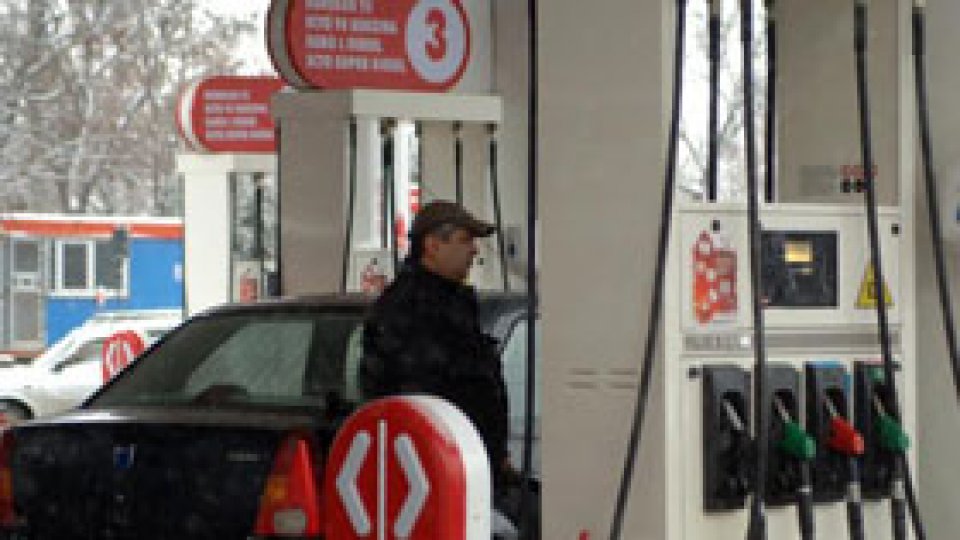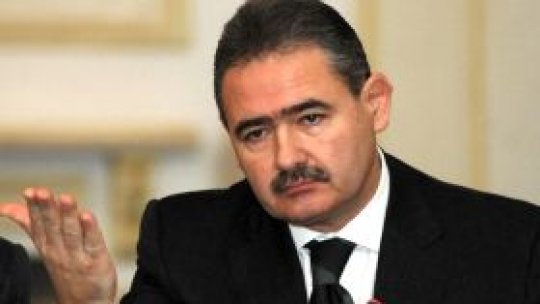Gas Prices in Romania
In 2010, fuel prices went up by 30%, while 2011 comes with an additional hike.

12 Ianuarie 2011, 18:32
In 2010, fuel prices went up by 30%, while 2011 comes with an additional hike.
Part of the cause behind this is well known – the hike is due to the increase of excise duties and VAT, to the erratic leu dollar exchange rate as well as to an increase in oil prices up to 90 dollars a barrel.
Transporters however feel these elements fail to account for present-day prices, which they see as lacking transparency.
Faced with imminent bankruptcy and risking to go into payment default, freight transporters have called for a refunding of excises.
Taxes account for over half of the overall fuel prices and, in addition, fail to transpire in the quality of roads and road services, says the vice-president of the National Union of Romanian Transporters Ion Lixandru.
“This means that the state budget is swelling on its own, while the government simply has to collect these taxes from six or seven major gas producers.
"In 2009, the amount of excisable gas stood at 7 billion liters! This means that the government, simply by taxing us all, cashed in some 4 billion lei.
"It wouldn’t bother me to pay so much for Diesel fuel if we had highways, operational security units or if we had the possibility of intervening at wintertime or in normal traffic conditions”, said Ion Lixandru.
Even without taxes, fuel prices are higher in Romania than in other EU countries, although the country does have natural resources and a seaport.
This is one aspect intriguing everyone, including the National Bank.
Governor Mugur Isarescu recently said that fuel prices have seen a contrasting evolution on the Romanian market with respect to the main factors of influence.
Moreover, the Governor of the National Bank of Romania expressed his bewilderment with regard to the mechanisms underlying the forthcoming rise in fuel prices.
Gas producers have assumed a defensive position, claiming pump prices are mainly influenced by the evolution of international oil prices and by the leudollar exchange rate.
At present, the Competition Council is investigating into potential off the record deals between oil companies, although it has so far failed to find any evidence.
The government may introduce market-specific countermeasures, such as additional taxes against producers who increase fuel prices rapidly and without warrant.














